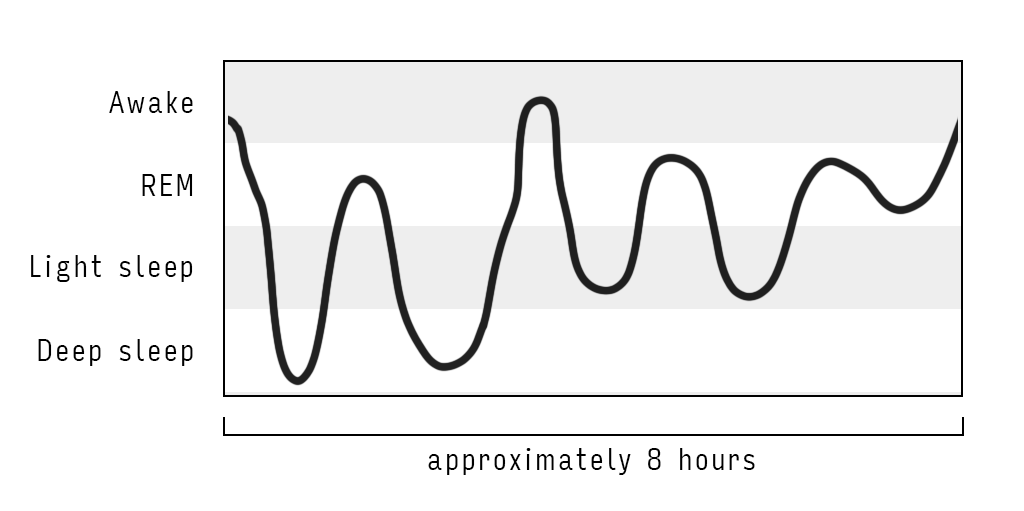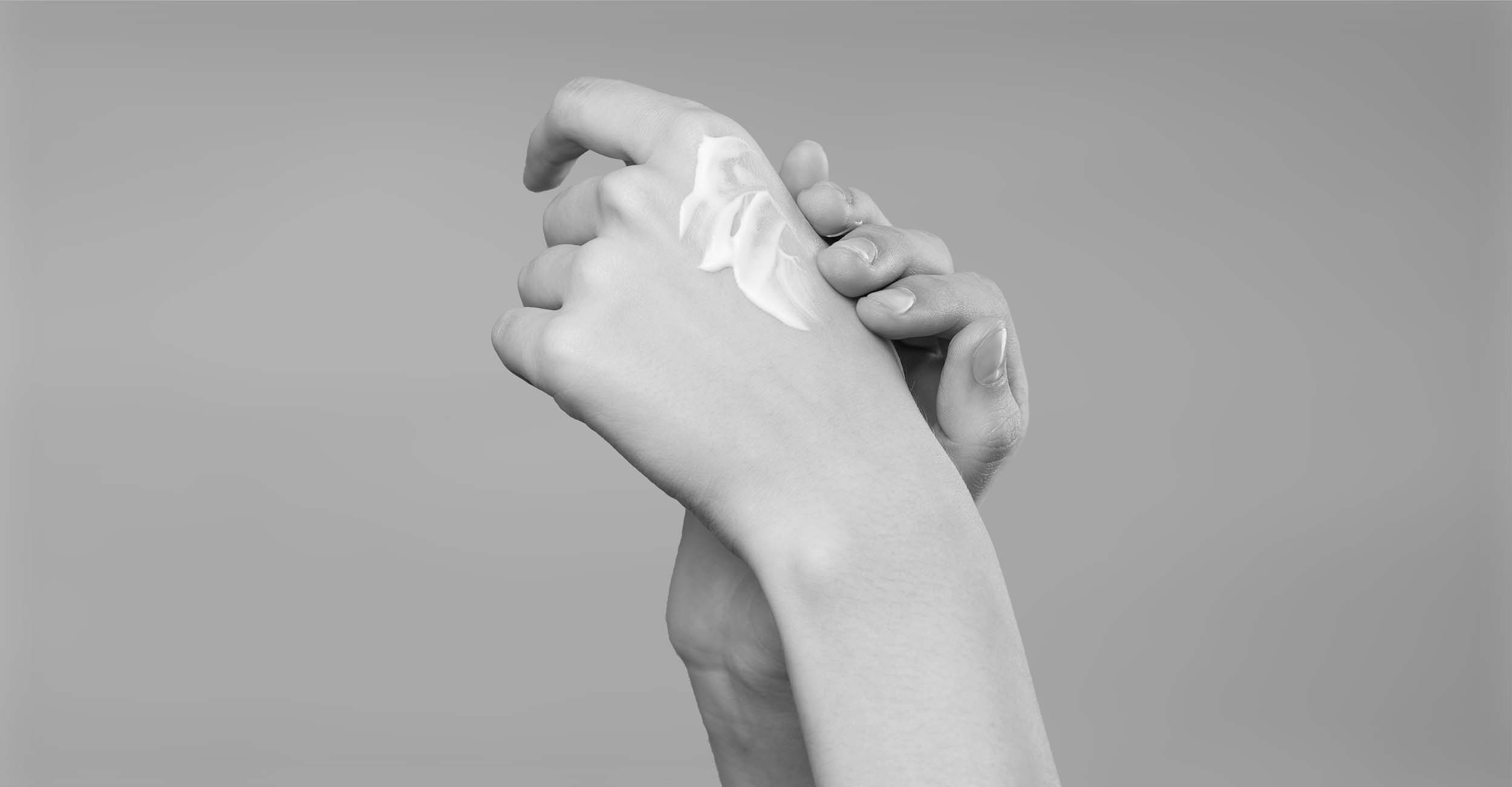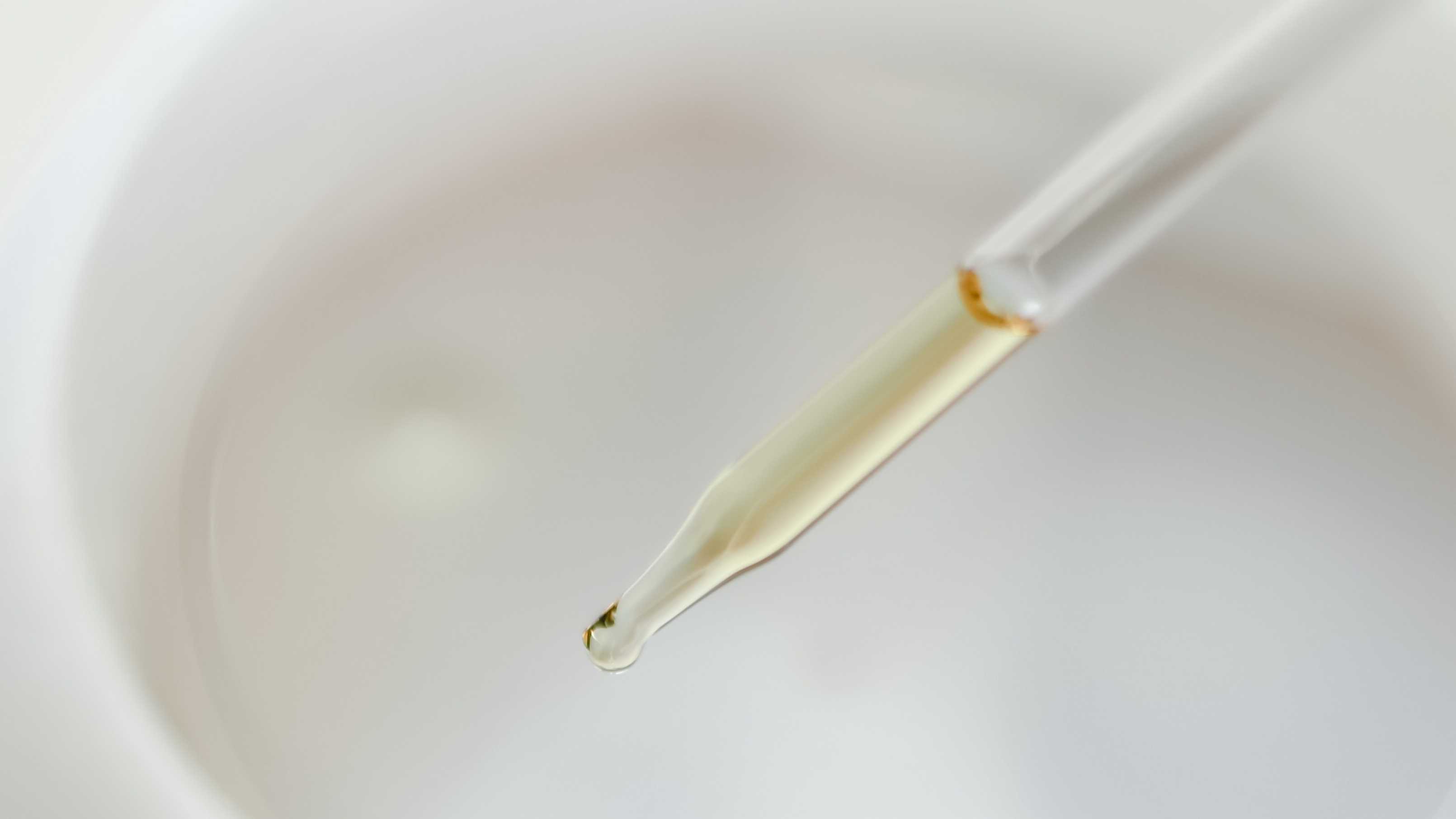
Why Sleep is Important - A Complete Guide
Why sleep matters?
As we all know, overall health and wellness comes down to many different factors and can be approached in different ways, but when it comes to sleep, there are no workarounds or alternatives. Good quality sleep and a well-maintained sleeping pattern are a fundamental foundation for our health, both physically and mentally.
Poor sleep can have a significant impact on your brain function in the short term, and can increase risk of serious physical or mental illness in the longer term too. Without time to rest, the body’s ability to repair and replenish is inhibited and will have an inevitable knock-on effect in all aspects of waking life.
We’ll take a look at exactly how sleep deprivation affects you shortly - but to first get a better understanding of sleep, let’s take a look at the stages our bodies go through in a usual night.

How do sleep cycles work?
When we sleep, we go through a series of stages or cycles. These cycles go from REM sleep, to light sleep, to deep sleep (or “slow wave” sleep due to the brainwaves slowing down), and generally will follow a pattern of drifting between these stages:

This, of course, varies from person to person, but generally after dropping off you’ll quite quickly go through these stages into a deep sleep, the most restorative and relaxed stage. Deep sleep is believed to be vital for many areas of health, such as glucose metabolism, growth hormone production (necessary for muscle recovery and cell repair), immune system function - the list can go on and on.
If you get an inconsistent night’s sleep, or you’re frequently waking up during the night, this could mean that your body often isn’t getting enough time to go through the stages and reach deep sleep. This can really start to cause issues in day-to-day life, because you haven’t been able to repair or rid your body of any toxins. If you’ve ever had an interrupted night of sleep, you’ll know what it’s like to wake up and feel as though you’ve barely had any rest at all. Therefore, it’s critical to make sure we’re putting in the right amount of time to rest every night and to reach this slow wave, deep sleep stage.

The other sleep stage that is interesting to know about is REM sleep, or “Rapid Eye Movement” sleep. It gets its name simply from the fact that whilst your body is asleep and essentially paralysed, your eyes are still free to move. This is also the stage at which dreams occur. Although a lot of scientific and psychological research into dreams is still a mystery to us, this REM stage itself is thought to benefit learning, memory, and mood by exercising these important neurological connections in the brain.
These sleep cycles are a necessity for a healthy mind and an energised day - but what can you expect to happen if you consistently miss out on getting enough sleep, or don’t get any sleep at all?
How sleep deprivation affects you
It’s not uncommon for people to occasionally miss out on sleep - whether for a late night out, an early morning start, or an impending deadline that just can’t wait. Unfortunately, although pulling an all-nighter or avoiding sleep may seem worth it at the time, this deprivation has a serious impairment to cognitive function, and should not be taken lightly.

If you aren’t well rested enough, the immediate symptoms of sleep deprivation can take hold very quickly. You may find trouble keeping track of what you’re doing, forgetfulness, difficulty concentrating, headaches, and dizziness. This may also be paired with nausea, stress, intense anxiety, and issues with simple physical coordination. Usually after around 24 hours without sleep, you’ll be experiencing many of these, and by 36 hours will be severe.
Beyond that, things can deteriorate very quickly. Paranoia, stress and anxiety will keep climbing, and pretty much all those biological systems you rely on will start to slow down and/ or behave abnormally. The long term implications of this can be higher risk to illnesses such as cancers, dementia, and heart disease.
At the very extreme end of the spectrum - if you continue to refuse to sleep for 3-4 days, this can lead to vivid hallucinations and a state of psychosis in which you can no longer understand or interpret reality around you. It’s very rare to reach this point, and tends to only affect those with very specific conditions that don’t allow them to sleep - but it really demonstrates just how much our bodies depend on sleep, and that damage can be done in a very short time if we don’t look after this part of our routine.

How can I get better sleep?
We’re glad you asked - we’ve written a blog post on this previously, which goes over 6 of the easiest tips you can try this evening.
We also are, of course, big advocates for CBD oil. Many have found our Night Drops formula, with limonene and myrcene, to be very effective for improving sleep quality and getting more consistent rest.
Anxiety and stress caused by lack of sleep can also start to become associated with bedtime and increase your insomnia, in a rather unpleasant cycle, so making sure you’re keeping stress levels low in general can help you get better sleep. Some resort to sleep medications, but these can often come with adverse side effects - if an alternative natural solution can be found, this is a much more pleasant option for most.
If you’d like to learn more on all things sleep - our cofounder Oli recently spoke with Dr. Baland Jalal, a neuroscientist who specialises in this area, with an extensive knowledge of how sleep and the mind work together. They discuss everything from dreams, to anxiety, to sleep stages - and what we can do about it:


